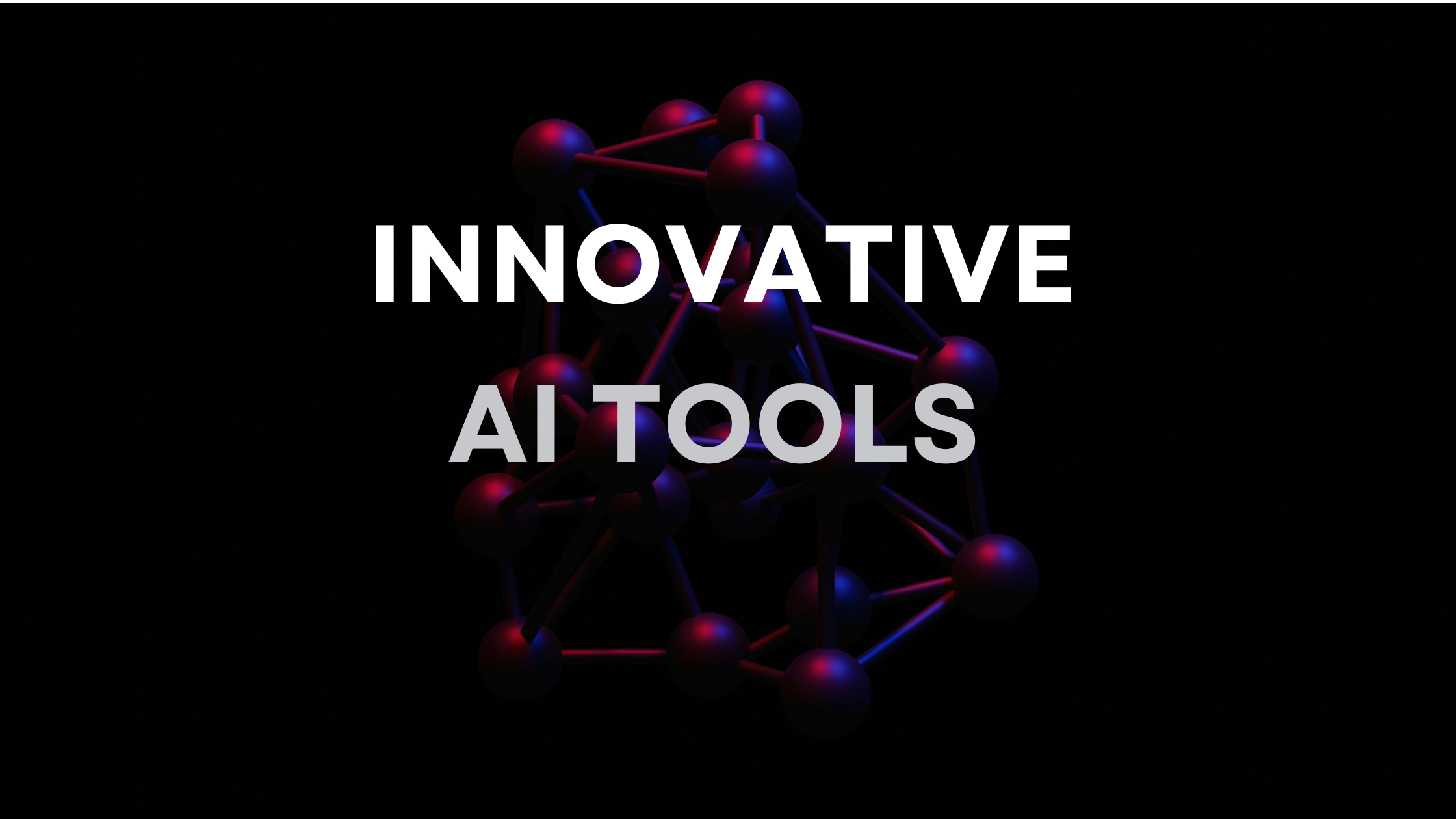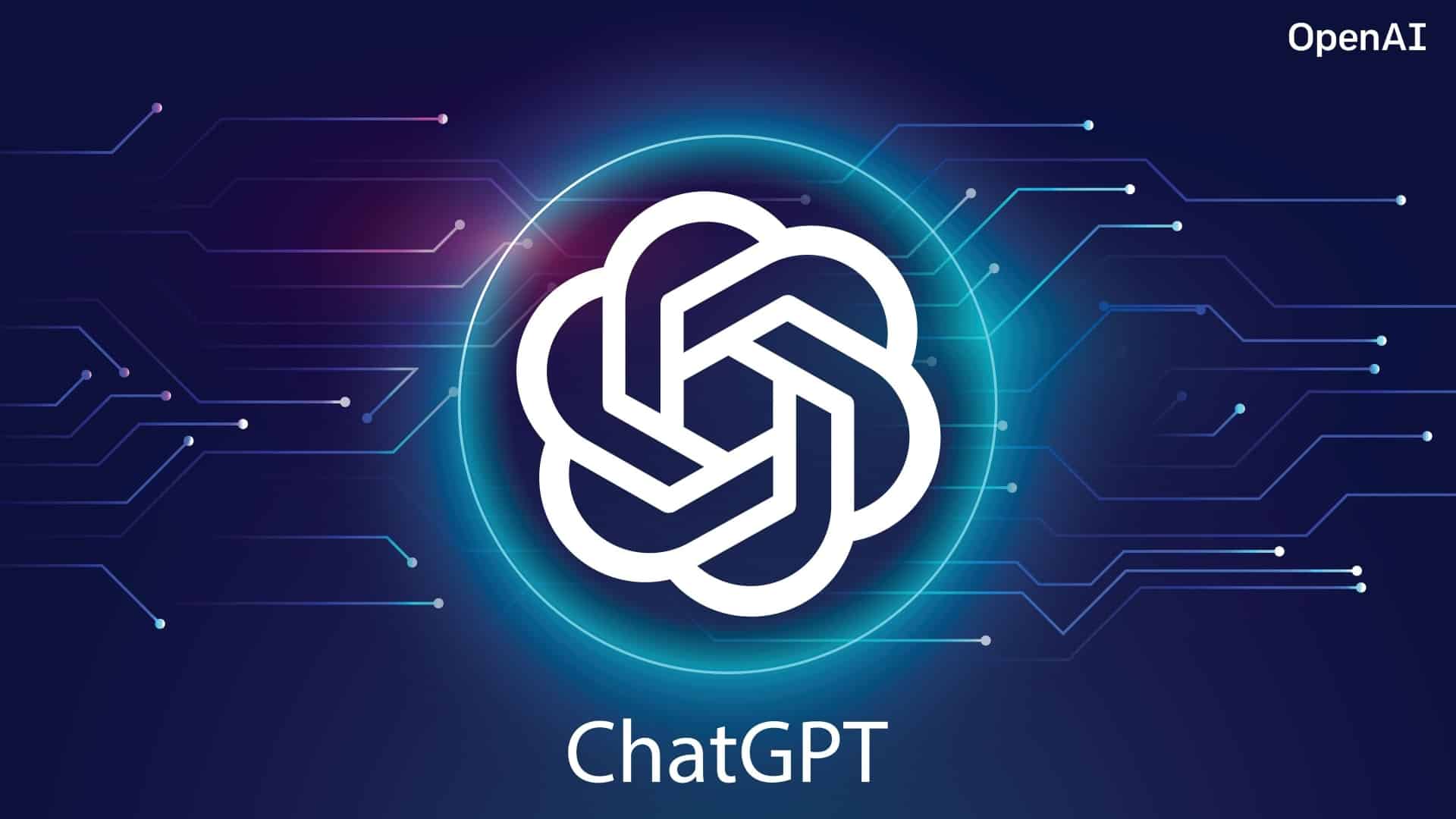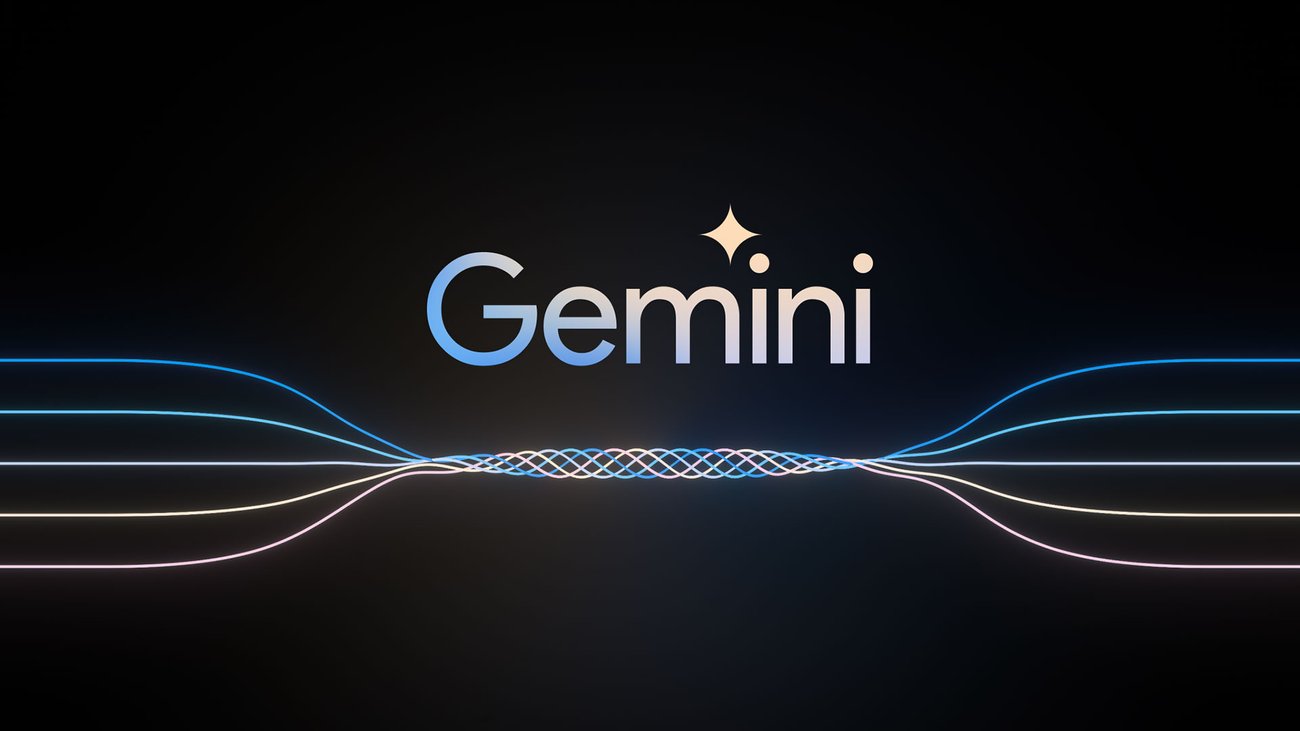Unlocking the Future: The Impact of OpenAI on Our World
In recent years, artificial intelligence (AI) has transitioned from a niche interest to a transformative force shaping various industries. One of the leading organizations driving this change is OpenAI. Founded with the mission to ensure that artificial general intelligence (AGI) benefits all of humanity, OpenAI has produced groundbreaking technologies that are already making waves in the real world. In this blog, we’ll explore the implications of OpenAI’s advancements, their applications, and what the future might hold.
Understanding OpenAI
OpenAI is an AI research organization that aims to develop and promote friendly AI. It has gained significant attention for its work on natural language processing, robotics, and various AI models. Notable products include the GPT (Generative Pre-trained Transformer) series, which powers various applications in writing, customer service, and beyond.
Key Objectives of OpenAI
- Safety: Ensuring that AI systems are safe and beneficial.
- Collaboration: Encouraging cooperation between humans and AI.
- Accessibility: Making AI technology widely available.
Real-World Applications of OpenAI
OpenAI’s technologies are already integrated into many aspects of our daily lives. Here are a few notable examples:
- Customer Support
Many companies are now using AI’s chatbots to enhance customer service. For instance, companies like Shopify have implemented AI-driven support systems that can handle common inquiries, troubleshoot issues, and even guide customers through purchases. This not only improves response times but also reduces the workload on human agents. - Content Creation
Content creation has been revolutionized by AI tools. AI’s GPT models assist writers by generating ideas, drafting articles, and even providing editing suggestions. Publications such as The Associated Press have utilized AI to automate the generation of financial reports, allowing journalists to focus on in-depth storytelling rather than repetitive tasks. - Education
In education, OpenAI’s tools have become valuable resources. Language learning apps, like Duolingo, integrate AI to provide personalized lessons based on the user’s progress. Moreover, platforms like Khan Academy are exploring the use of AI tutors to provide real-time assistance, helping students grasp complex concepts more effectively. - Healthcare
AI is also making strides in healthcare. AI’s language models assist in analyzing patient records, predicting disease outbreaks, and providing insights for treatment plans. For example, AI systems are being used to streamline administrative tasks, allowing healthcare professionals to focus more on patient care.
read other interesting articles
Ethical Considerations
While the advancements brought by AI are impressive, they come with a set of ethical considerations that need to be addressed.
- Bias in AI
AI systems can unintentionally perpetuate biases present in their training data. OpenAI is actively working on minimizing these biases to ensure fair and equitable outcomes. Continuous evaluation and improvement are essential to create responsible AI applications. - Job Displacement
The rise of AI technologies raises concerns about job displacement. While automation can enhance productivity, it may also lead to reduced job opportunities in certain sectors. OpenAI emphasizes the importance of developing strategies for workforce transition and retraining. - Misinformation
The ability of AI to generate human-like text also raises concerns about misinformation. OpenAI is focused on developing safety measures to prevent the misuse of its technologies, promoting responsible usage.

The Future of OpenAI
As AI continues to innovate, several exciting possibilities lie ahead:
- Enhanced Human-AI Collaboration
The future will likely see deeper integration of AI into everyday tasks. By augmenting human capabilities, AI can help us tackle complex problems and enhance creativity. Imagine a world where AI collaborates with scientists to accelerate discoveries or assists artists in generating new forms of expression. - Greater Accessibility
AI is committed to making its technologies accessible to everyone. As tools become more user-friendly, people from various backgrounds will be empowered to harness AI for their unique needs, democratizing innovation. - Ongoing Research and Development
AI will continue to push the boundaries of what is possible with AI. Ongoing research will explore new methodologies and applications, further integrating AI into diverse sectors, including agriculture, environmental sustainability, and more.
click here add more ingormation about Open AI
Conclusion
OpenAI is at the forefront of a revolution that is reshaping our world. From improving customer support and transforming education to making strides in healthcare, the organization’s innovations are profoundly impacting our daily lives. However, it’s essential to approach these advancements with a critical eye, addressing ethical concerns to ensure a future where AI benefits all. As we move forward, embracing collaboration between humans and AI will be crucial in unlocking the full potential of this technology.










